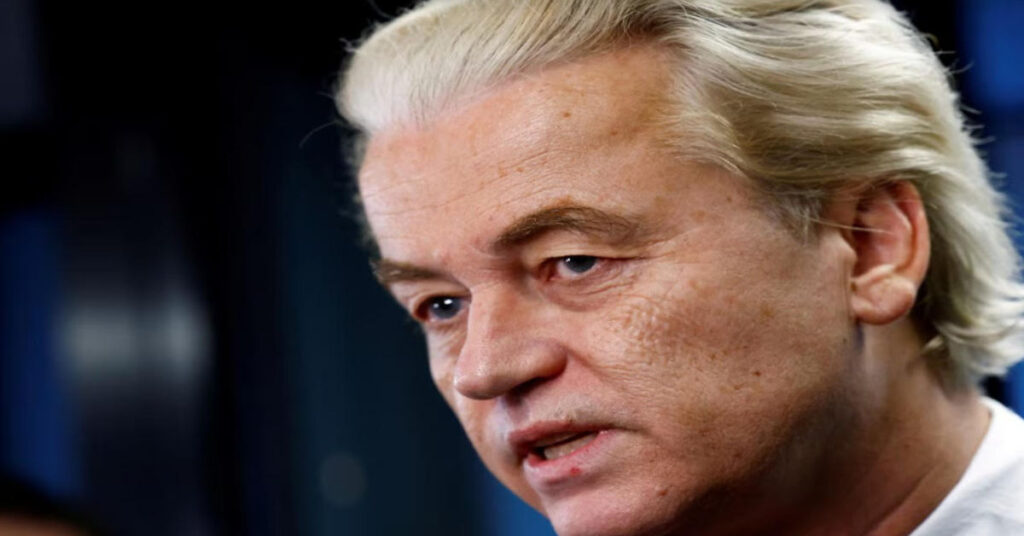
Recognizing an evolving geopolitical landscape and domestic concerns about social cohesion, employment, and national identity, the government seeks to enforce stricter immigration controls.
What the new right-wing Dutch government plans to do on immigration and more- The new right-wing government in the Netherlands has laid out an ambitious and decisive agenda, tackling issues from immigration to economic reforms. A pivot point in their strategic manifesto is the assertive overhaul of the nation’s immigration policies. Recognizing an evolving geopolitical landscape and domestic concerns about social cohesion, employment, and national identity, the government seeks to enforce stricter immigration controls.
First, they plan to implement rigorous border security measures aimed at curbing illegal immigration. This includes increased funding for border patrols and the deployment of advanced surveillance technologies. The government also intends to enhance the vetting processes for asylum seekers, ensuring that only those meeting stringent criteria gain entry. Asylum applications will undergo accelerated processing but with thorough scrutiny, reducing backlogs while maintaining security.
Moreover, the government is poised to introduce policies that prioritize skilled over unskilled immigration. They argue that migrants with specialized skills will contribute more significantly to the Dutch economy. Particularly in sectors experiencing labor shortages. A points-based system may be introduced, akin to models in Canada and Australia, whereby potential immigrants are evaluated based on factors such as education, work experience, and language proficiency.
Beyond immigration, the new government is focusing on economic revival. They propose tax cuts for small and medium enterprises (SMEs) to stimulate growth and job creation. There is also a concerted effort to reduce public spending, with plans to streamline welfare programs. And eliminate redundant bureaucratic processes.
EDUCATION
In education, reforms are anticipated to modernize curricula, emphasizing STEM (Science, Technology, Engineering, and Mathematics) fields to prepare Dutch youth for a competitive job market. Meanwhile, security policies will see an increase in funding for law enforcement agencies. Aiming to reduce crime rates and enhance community safety.
Critics argue that the government’s policies could foster division and xenophobia. While supporters believe these measures are essential for safeguarding national interests. As these sweeping changes unfold, the Dutch public remains keenly observant, awaiting the tangible impacts of this new administration’s policies.
